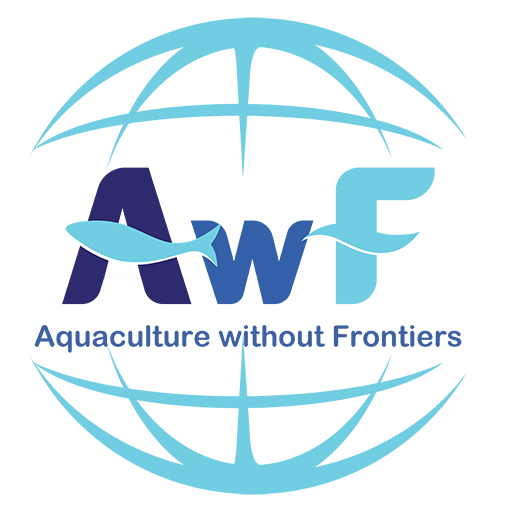AwF Co-Chair M.C. Nandeesha speaks at 3rd Global Symposium on Gender in Aquaculture and Fisheries
Category:UpdatesAwF Co-Chair M.C. Nandeesha spoke in the session on Gender in the aquaculture and fisheries mainstream at the 3rd Global Symposium on Gender in Aquaculture and Fisheries held 21-23 April 2011 in Shanghai, China.
“India is basically a carp culture country”, said M.C. Nandheesha and India’s freshwater carp aquaculture was studied in 10 states in the north, east and north-east and south. Women’s participation varied greatly with state, being very low in Andra Pradesh (south) and Punjab (north), both states with large production. Women’s participation was considerable in Manipur, Assam and West Bengal (east and north-east), although largely in pond fertilization, nursery rearing, feeding and harvesting. Self Help Groups (SHG) were often the vehicle for women’s participation. Traditions, cultural differences and economic level of the women appeared to account for the large inter-state differences.
Catch up here on the comprehensive overview of all 48 presentations and posters from the 3rd Global Symposium on Gender in Aquaculture and Fisheries ( GAF3). Presenters from 21 countries covered the following geographic areas: global – 9 presentations; countries – Asia: Bangladesh, Cambodia, China, India, Indonesia, Japan, Korea, Malaysia, Nepal, Philippines, Sri Lanka, Taiwan, Thailand, Vietnam; Africa: Namibia, Tanzania; regions; South and Southeast Asia, Pacific, Europe.
The report, SHINING A LIGHT ON GENDER IN AQUACULTURE AND FISHERIES, discovered some common threads among the many papers.
- The social context of gender needs deeper diagnosis than gender alone in order to understand the complex ‘back stories’ of women and communities.
- Women are still invisible and often marginal in the fish sector, trade and in natural resource management, although mainstream exceptions exist
- The conundrum of women’s access to micro-finance yet lack of progress in building assets; and
- The struggles and successes of achieving gender equality in institutions.
- Messages of hope also emerged, founded on intrinsic community and personal resilience strategies and innovations such as training and inclusive governance.
